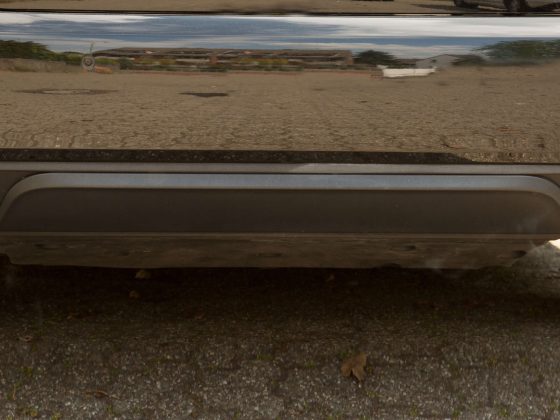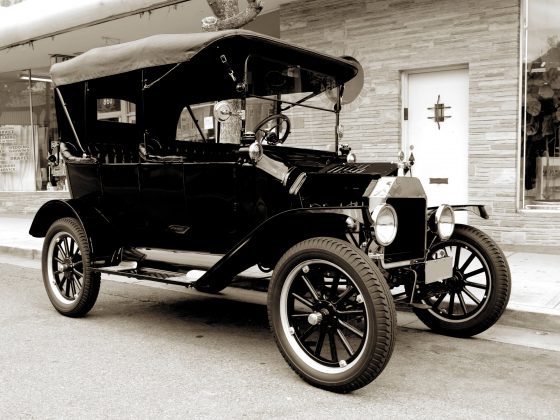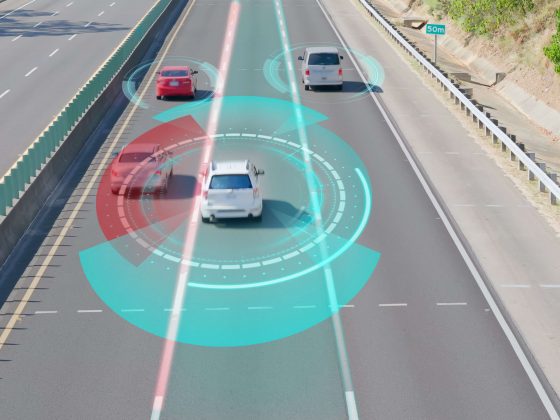Your vehicle is one of your most expensive possessions. When it starts to make sounds, you can assume it’s going to be an expensive repair. That’s stressful, especially if you don’t know why it’s acting up in the first place.
Use eTags© to Quickly Complete Your DMV Service. Renewals, Title Transfers and More, All Online!
You might not want to deal with it, but ignoring what’s going on under the hood can permanently damage your ride in the long term. It’s better to know what car sounds mean so a repair doesn’t turn into needing a new car. Besides, not every car sound warrants panic, just routine maintenance.
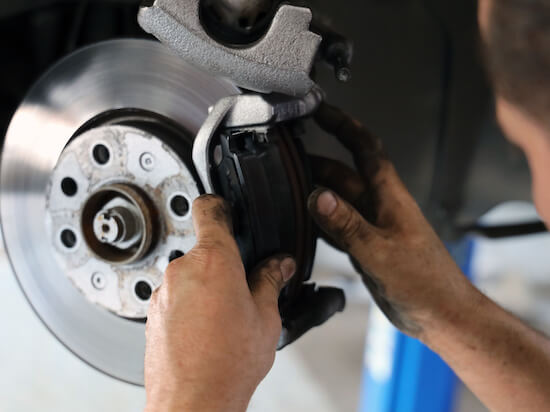
What it means if your vehicle is squealing
The first question to ask yourself when your car starts to squeal is: where is the noise coming from? Is it the tires when you turn? Does it happen when you press down on your brakes? Answering these types of questions can help you determine what your car is trying to tell you (before your mechanic does). Although, it’s always best to have a professional examine your vehicle if it’s making sounds it shouldn’t.
If it’s your brakes squealing:
Squealing brakes could mean that you need new brake pads. Actually, brake pads will squeal when you need to replace them soon. That’s something you’ll need to do routinely anyway, so it shouldn’t be too much cause for concern. Once the brake pads get too worn down, a feeler will make contact with the rotor. It causes that sound on purpose.
Change your brake pads out if they start to squeal, or every one to two years as a rule of thumb
According to car dealership Harr Toyota, you need to replace your brake pads every 10,000-20,000 miles. However, Autozone writes on their website that you might only need to change out your brake pads after 65,000 miles (one to two years in general). Regardless, if your car’s brake pads need to be changed out, they will emit a high-pitched squeal to make it known. Otherwise, a dashboard light may pop on to warn you. Sometimes your wheels just need a good cleaning rather than a repair, so try that out first.
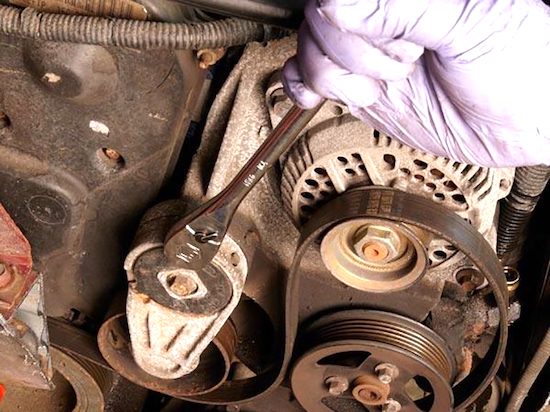
If it’s your engine squealing:
You’ve ruled out that the squealing doesn’t come from the brakes. Maybe your vehicle is constantly squealing as you drive. If so, the culprit might be an issue with your engine, or more specifically, the single engine belt. Other names for this part include serpentine belt or drive belt. It plays a role in keeping important parts of your vehicle running smoothly, like the alternator.
The sound happens when the tension of the belt isn’t tight enough and it slips off the pulleys. It may not cause your car to stop running immediately (although it may break your eardrums); however, it could cause serious damage in the case the drive belt completely breaks.
SEE ALSO: WHICH CAR SMELLS LEAD TO PROBLEMS
Hissing from a vehicle usually means a leak near the engine, a vacuum hose leak, or a leaky exhaust pipe
What’s happening when your car is hissing?
A sizzling or hissing sound almost always means there’s a leak. This is doubly true if you can see your car leaking lots of fluid. The type of hiss it makes will let you know what type of leak it is exactly.
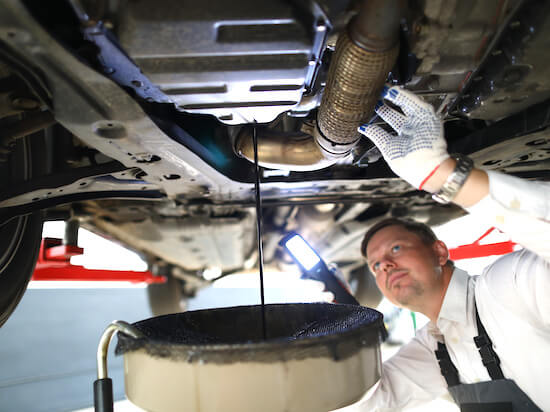
If this hiss sounds like water hitting a hot frying pan, it’s most likely coolant or oil leaking on a hot part of the engine. Otherwise, it could signal damage to the vacuum hose resulting in another type of leak. Since vacuum hoses run all types of fluid through them (from sludge to hot oil), it’s common for tears and cracks to form over time. Whatever fluid is running through it may seep out.
Alternatively, it might mean that there’s a drippy exhaust pipe if it’s accompanied by steam flowing from the back of your vehicle. Don’t try to play detective—just take it to a mechanic who can sort out the problem for you.
Your vehicle is making a rattling sound—now what?
Unfortunately, a rattling noise could mean a lot of things. Morgan Automotive Repair writes on their blog that it might mean an issue with your exhaust. J.D. Powers, a company that collects data and consumer data, agrees that it could also be an issue with your exhaust.
Rattling really can indicate a series of problems from a rusty exhaust system to a loose system clamp
Rust and wear on the exhaust system can cause a rattling sound, which means it’s time for a new muffler. Or, it could mean it’s time for a new tailpipe. Or, it could mean a system clamp isn’t tight enough. Maybe it’s the heat shields?
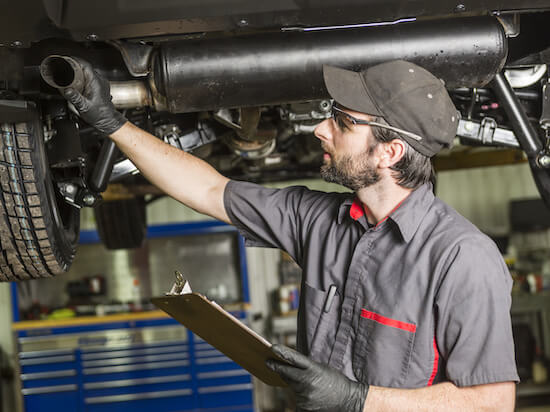
Rattling really can indicate a series of problems. Instead of trying to DIY diagnose the situation, leave it to the pros. Also, remember that car safety is about maintaining your car before it starts to make strange noises. Always make sure your documents and routine car maintenance is up to date to drive safely.





